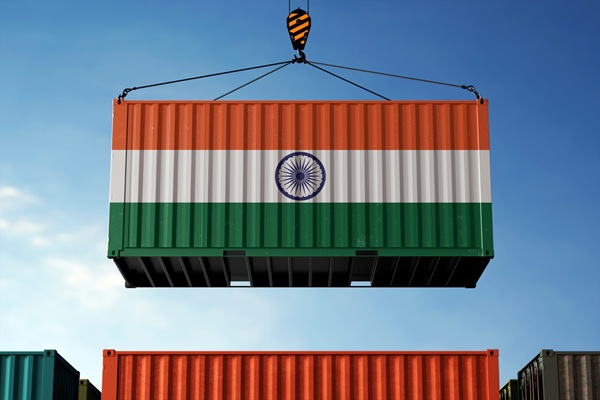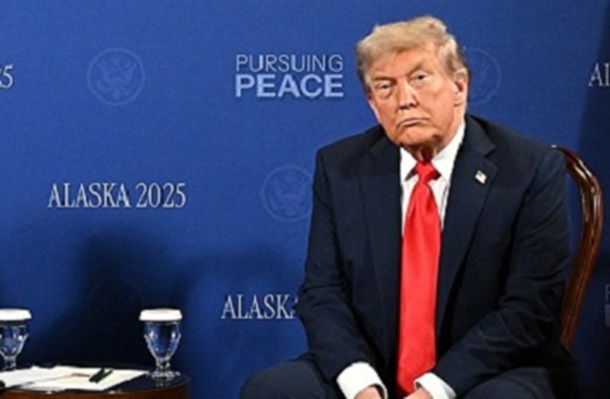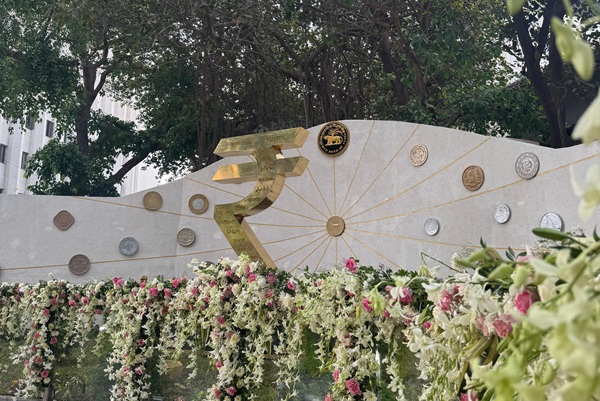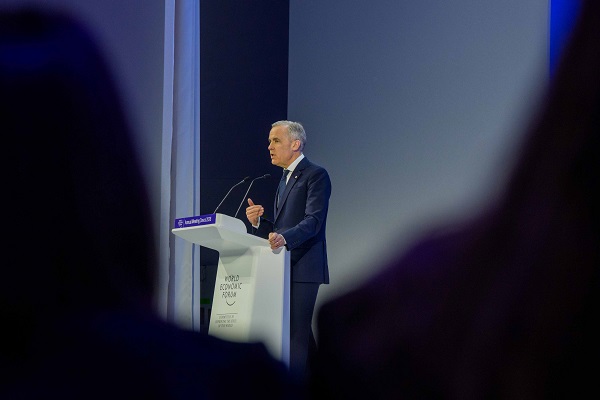.png)

Vijay Singh Chauhan, a former IRS official, is a trade expert and Senior Visiting Fellow at Isaac Centre for Public Policy, Ashoka University.
August 25, 2025 at 6:55 AM IST
The frenetic trade moves by the US government that I wrote about last week in ‘Trade Tangles Didn’t Take a Weekend Off’ have continued apace, with no end in sight. Governments and trade sectors across the world, including India, have no option but to respond.
Perhaps the most disruptive of the US decisions relates to the discontinuation of the de minimis exemption. With the US Customs Border Protection guidance and FAQs failing to answer the myriad concerns faced by traders and international postal services, it is not surprising that many countries and companies, including Korea Post, SingPost, Deutsche Post, and DHL Parcel Germany, have announced a pause on postal services to the US. India’s Department of Post has also temporarily suspended booking of all types of postal articles destined for the US.
While the impact of this move on the US e-commerce market is expected to be severe, global trade does not have the luxury of discontinuing traditional commercial flows with the US. What is clear is that Washington is no longer just adjusting tariffs, it is rewriting trade rules in ways that even allies find destabilising. This has left some countries like India with shared vision wondering whether the rupture in the relationship a temporary challenge or a permanent one.
Good Faith
In this context, the Government of India should remain committed to negotiations in good faith for a mutually beneficial trade and economic agreement, even though the US has called off its negotiation team’s visit this week. Simultaneously, the government should put in place mechanisms to support domestic industry, including MSMEs, in the short and medium term, drawing upon the multiple stakeholder engagements already underway.
Industry discussions suggest that priority must be given to financial support, including credit guarantees and possibly freight subsidies. A second area of support, particularly for MSMEs, must be firm handholding, including clear explanations of the implications of the complicated CBP Cargo Systems Messaging Service, or CSMS, guidance being issued on a regular basis. India’s promise of inclusive globalisation will be tested by how well it cushions its MSME exporters from the disruptions of tariff wars.
More importantly, the government must intensify efforts to secure greater market access, including through more effective implementation of FTAs with Japan, South Korea, ASEAN, Australia, and the UAE, and faster rollout of agreements with the EFTA, the UK, and those under negotiation with the EU. The India-EFTA pact (covering Iceland, Liechtenstein, Norway, and Switzerland), expected to come into force on October 1 this year, will allow reduced or zero tariffs on 99.6% of Indian exports. However, given the small size of these markets, they are unlikely to generate significant additional opportunities for Indian exporters.
Even as tariffs are reduced under these trade agreements, India’s exporters still face higher walls of paperwork, standards, and regulatory hurdles. Unless these non-tariff barriers are tackled, the beneficial outcomes of the FTAs will fall short of expectations.
Towards this goal, the government should focus on the most impactful implementation of provisions relating to customs and trade facilitation in the India-UK agreement. Since both India and the UK have already implemented all provisions of the WTO Trade Facilitation Agreement (TFA), this bilateral pact can be leveraged as a template for “Trade Facilitation 2.0,” focusing on mutual recognition and paperless implementation of non-tariff measures.
Such a framework must firmly emphasise streamlined exports, including a more comprehensive single-window clearance system that brings all regulatory agencies under one umbrella. To carry forward support for exporters, the government must also ensure the expeditious conclusion of the ongoing Mutual Recognition Agreement, or MRA, for Authorised Economic Operators between the two countries, paving the way for smoother trade between trusted firms. The larger challenge for India is to stop being a price-taker in global disruptions and start shaping rules and institutions that anticipate the next wave of shocks.
Three-Way Sharing
Even as the government undertakes medium- to long-term measures to support Indian industry, exporters must respond urgently to the impact of heightened US tariffs. The challenge for Indian exporters, particularly MSMEs with no related party in the US, is their relative unfamiliarity with US customs laws and procedures. Exporters must seek, and experts must explain, the available legal avenues to mitigate the impact of tariffs. This could include opportunities such as first-sale rules, price unbundling, and supply-chain adjustments, while recognising the need to balance the US objective of minimising domestic inflationary impact with strict compliance with the law. Exporters should also begin fair negotiations with US buyers for a three-way sharing of the tariff burden among Indian exporters, the US importers, and US consumers.
Whether tariffs on Indian exports remain at 25%, escalate to 50%, or are reduced to more manageable levels, either generally or through a bilateral deal, exporters must put greater emphasis on exploring new markets, including those covered by existing or upcoming FTAs. With a possible medium-term shrinkage of global markets, the large domestic market is expected to provide the first cushion.
In the long run, however, Indian industry must develop global ambitions that rely on real comparative advantage vis-à-vis Asian and other economies, independent of the uncertainty of US tariffs. This requires a sharper focus on strengthening internal processes and competitiveness—an old goal, but one that must now be placed at the centre of the action plan. The real test is whether India wants to remain an agile exporter surviving tariff skirmishes, or become a rule-maker carving out the trajectory of 21st century trade.




